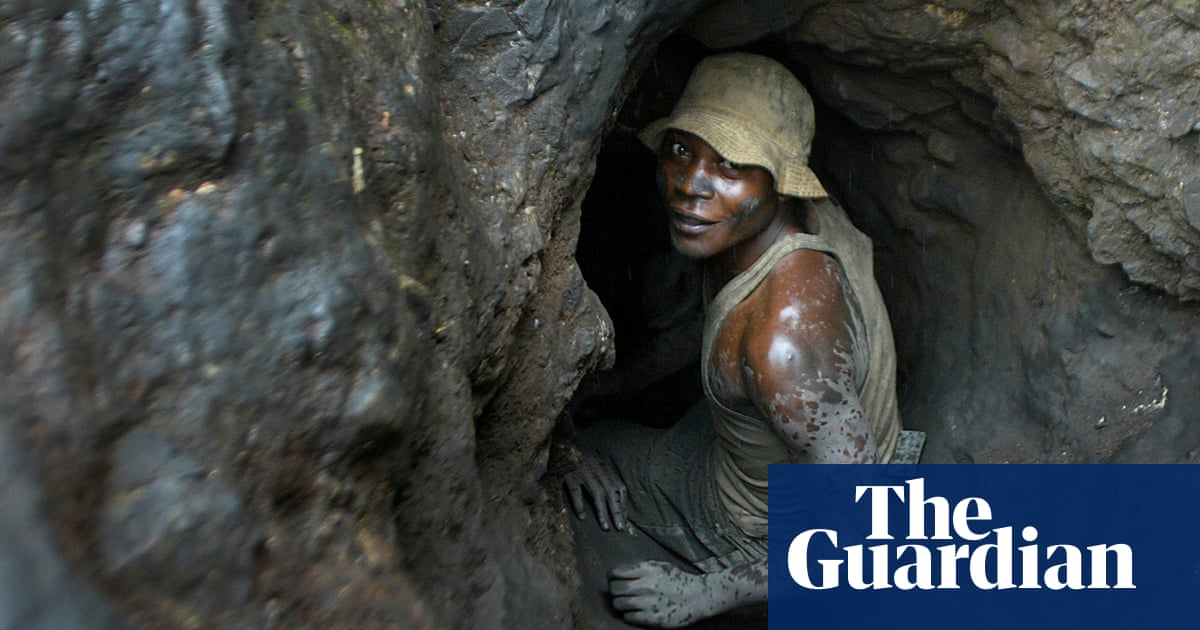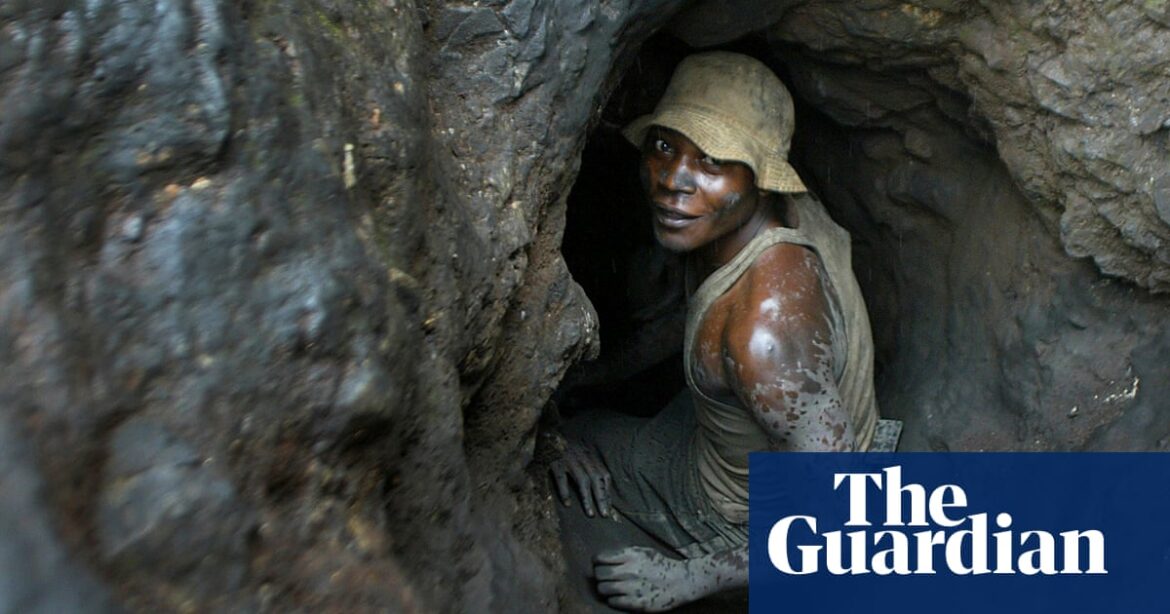
African leaders are seeking improved regulations to prevent the “unfairness and exploitation” associated with extracting fossil fuels, in order to transition to clean energy sources.
A proposal was put forward at the UN environmental assembly in Nairobi on Wednesday by a coalition of primarily African nations, led by Senegal, Burkina Faso, Cameroon, and Chad. The resolution advocates for structural alterations to ensure fair distribution of benefits from extraction and urges the responsible consumption of transitional minerals.
Jean Marie Bope, a representative from the Democratic Republic of the Congo, expressed the importance of this resolution for African nations, the environment, and the well-being of our people. The DRC was one of the countries that backed the resolution.
There has been a significant increase in the demand for transitional minerals and metals, which are crucial components in constructing renewable energy sources like solar power plants, wind farms, and electric cars. This demand has arisen as the world shifts away from relying on fossil fuels. According to the United Nations Environment Programme, meeting our climate objectives in the next 30 years will require billions of tons of transitional minerals.
Africa holds substantial reserves of the critical minerals. More than a half of the world’s cobalt and manganese, and 92% of its platinum, are found on the continent. DRC produces two-thirds of the world’s cobalt, a mineral used to build electric-vehicle batteries. But despite its vast mineral wealth, it remains one of the world’s poorest countries. Child labour and rights abuses also remain widespread in the country’s mining sector.
Leaders indicate that there is potential for mineral-rich African nations to capitalize on the demand, which has not yet been fully utilized. Several countries in the area lack the ability to refine these significant transitional resources within their own borders. As a result, the minerals are typically exported in their natural form and then processed in other countries, primarily China, which handles the majority of global mineral processing and production.
Many African nations that produce minerals are striving to take advantage of the economic growth and job opportunities in the green mineral market. As a result, these nations have implemented limits on the export of raw minerals in order to boost domestic processing. The leaders at the assembly emphasized the need for agreements that promote technology transfers, improve local processing capabilities, and enhance the workforce’s skills in order to achieve a fair transition.
Bope, who was involved in creating the resolution, stated that exporting raw materials does not benefit the continent. Africa’s minerals are sufficient for driving the transition towards clean energy, but we do not want to repeat past actions.
Environmental advocates reiterated the need for sharing benefits. While showing solidarity for the worldwide move towards low-carbon advancements, they cautioned that the shift to clean energy could perpetuate existing disparities in the African fossil fuel industry. As reported by the African Union, the region currently exports around 75% of its crude oil, which is processed in other countries and then re-imported as fuel products. It also exports 45% of its natural gas, which plays a minimal role in meeting regional energy demand, despite 600 million Africans lacking access to electricity.
According to Seble Samuel, head of Africa campaigns and advocacy at the fossil fuel non-proliferation treaty initiative, it is crucial that we ensure industrialization takes place in our own country rather than simply following another continent’s industrialization strategy. We must avoid repeating the same injustices and extraction practices that have occurred in the fossil fuel industry.
The executive director of UNEP, Inger Andersen, urged governments and businesses to only use minerals that are responsibly sourced in their transition to clean energy. She also encouraged countries with mineral wealth to establish agreements that prevent the exploitation of resources and labor similar to colonial practices.
Please disregard any promotions for our newsletter.
after newsletter promotion
Some activists expressed worries about the impact on the environment and human rights caused by mining minerals. They stated that unregulated mining could result in dwindling resources, harm to biodiversity, and endanger indigenous rights.
Nations supporting the resolution urged the United Nations to expand its understanding of international science regarding emerging activities like deep sea mining, which involves extracting essential minerals from the ocean floor. This practice is concerning to environmentalists as it may harm marine life.
Bope, who coordinates DRC’s national marine pollution monitoring programme, said: “The marine ecosystem is very sensitive, so it’s extremely important to scrutinise this while it’s still in the experimental phase, and understand its impacts.”
Source: theguardian.com



